Filter by
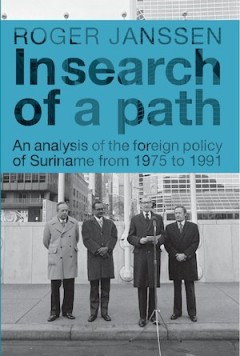
In search of a path : An analysis of the foreign policy of Suriname from 1975…
The foreign policy of small states is an often neglected topic, which is particularly the case when it comes to Suriname. How did the young Republic deal with its dependency on the Netherlands for development aid after 1975? Was Paramaribo following a certain foreign policy strategy or did it merely react towards internal and external events? What were the decision making processes in defining …
- Edition
- -
- ISBN/ISSN
- 9789067183345
- Collation
- -
- Series Title
- -
- Call Number
- 650
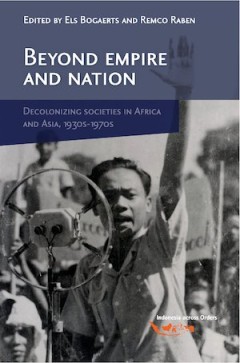
Beyond Empire and Nation : The Decolonization of African and Asian societies,…
The decolonization of countries in Asia and Africa is one of the momentous events in the twentieth century. But did the shift to independence indeed affect the lives of the people in such a dramatic way as the political events suggest? The authors in this volume look beyond the political interpretations of decolonization and address the issue of social and economic reorientations which were nec…
- Edition
- -
- ISBN/ISSN
- 9789067182898
- Collation
- -
- Series Title
- -
- Call Number
- 650
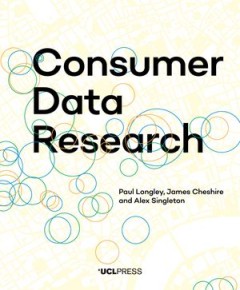
Consumer Data Research
Big Data collected by customer-facing organisations – such as smartphone logs, store loyalty card transactions, smart travel tickets, social media posts, or smart energy meter readings – account for most of the data collected about citizens today. As a result, they are transforming the practice of social science. Consumer Big Data are distinct from conventional social science data not only …
- Edition
- -
- ISBN/ISSN
- 9781787353886
- Collation
- -
- Series Title
- -
- Call Number
- 650
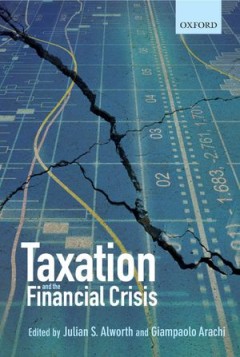
Taxation and the Financial Crisis
The financial crisis has opened up a global debate on the taxation of the financial sector. A number of international policy initiatives, most notably by the G20, have called for major changes in the tax treatment of financial institutions and transactions as well as individuals working in the financial sector. This book examines how tax policies contributed to the financial crisis and whether …
- Edition
- -
- ISBN/ISSN
- 9780199698165
- Collation
- -
- Series Title
- -
- Call Number
- 650
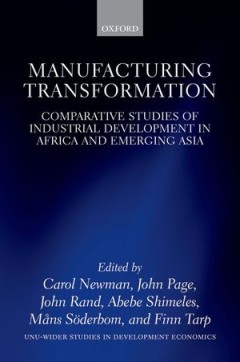
Manufacturing Transformation : Comparative Studies of industrial Development …
While it is possible for economies to grow based on abundant land or natural resources, more often structural change—the shift of resources from low-productivity to high-productivity sectors—is the key driver of economic growth. Structural transformation is vital for Africa. The region’s much-lauded growth turnaround since 1995 has been the result of fewer economic policy mistakes, robust…
- Edition
- -
- ISBN/ISSN
- 9780198776987
- Collation
- -
- Series Title
- -
- Call Number
- 650
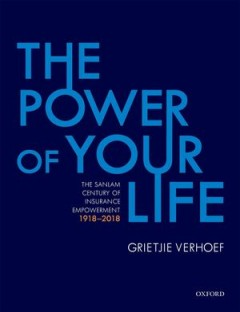
The Power of Your Life
This book explores a century of business development in The South African Life Assurance Company, from a specific local focus to a national conglomerate expanding into global insurance markets. Established as a strategic vehicle to address Afrikaner economic marginalization and abject poverty at the beginning of the twentieth century, Sanlam has displayed both path dependence and a dynamic adap…
- Edition
- -
- ISBN/ISSN
- 9780198817758
- Collation
- -
- Series Title
- -
- Call Number
- 650
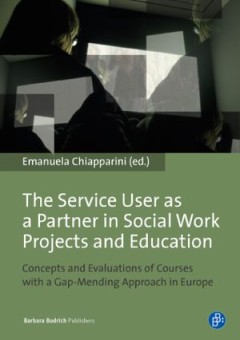
The Service User as a Partner in Social Work Projects and Education
To become a competent social worker it is essential to know the perspective of the service users. Therefore, service users are more and more included in field research projects and the instruction of social workers to-be. However, they are usually reduced to the role of informants and not actively taking part as co-partners. For the first time, this anthology gives an overview of courses in whi…
- Edition
- -
- ISBN/ISSN
- 9783847409298
- Collation
- -
- Series Title
- -
- Call Number
- -
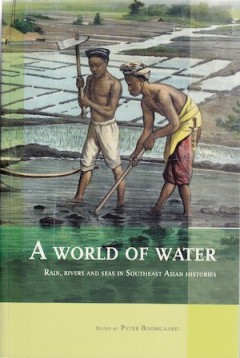
A World of Water Rain, Rivers and Seas in Southeast Asian Histories
Water, in its many guises, has always played a powerful role in shaping Southeast Asian histories, cultures, societies and economies. This volume, the rewritten results of an international workshop, with participants from eight countries, contains thirteen essays, representing a broad range of approaches to the study of Southeast Asia with water as the central theme. As it was exposed to the se…
- Edition
- -
- ISBN/ISSN
- 9789067182942
- Collation
- -
- Series Title
- -
- Call Number
- -
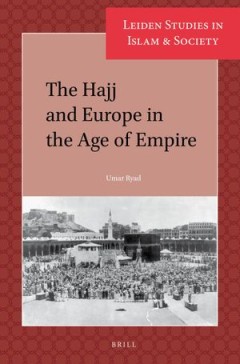
The hajj and Europe in the Age of Empire
The present volume focuses on the political perceptions of the Hajj, its global religious appeal to Muslims, and the European struggle for influence and supremacy in the Muslim world in the age of pre-colonial and colonial empires. In the late fifteenth century and early sixteenth century, a pivotal change in seafaring occurred, through which western Europeans played important roles in politics…
- Edition
- -
- ISBN/ISSN
- 978-90-04-32335-3
- Collation
- -
- Series Title
- Leiden studies in Islam andsociety ; V. 5
- Call Number
- 297.3 HAJ
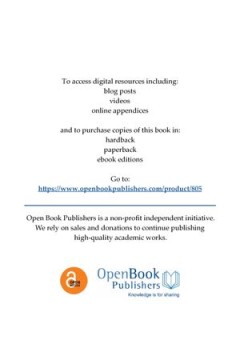
The Juggler of Notre Dame and the Medievalizing of Modernity: Volume 2 Medie…
"This ambitious and vivid study in six volumes explores the journey of a single, electrifying story, from its first incarnation in a medieval French poem through its prolific rebirth in the nineteenth and twentieth centuries. The Juggler of Notre Dame tells how an entertainer abandons the world to join a monastery, but is suspected of blasphemy after dancing his devotion before a statue of the …
- Edition
- -
- ISBN/ISSN
- 9781783745081
- Collation
- -
- Series Title
- -
- Call Number
- -
 Computer Science, Information & General Works
Computer Science, Information & General Works  Philosophy & Psychology
Philosophy & Psychology  Religion
Religion  Social Sciences
Social Sciences  Language
Language  Pure Science
Pure Science  Applied Sciences
Applied Sciences  Art & Recreation
Art & Recreation  Literature
Literature  History & Geography
History & Geography